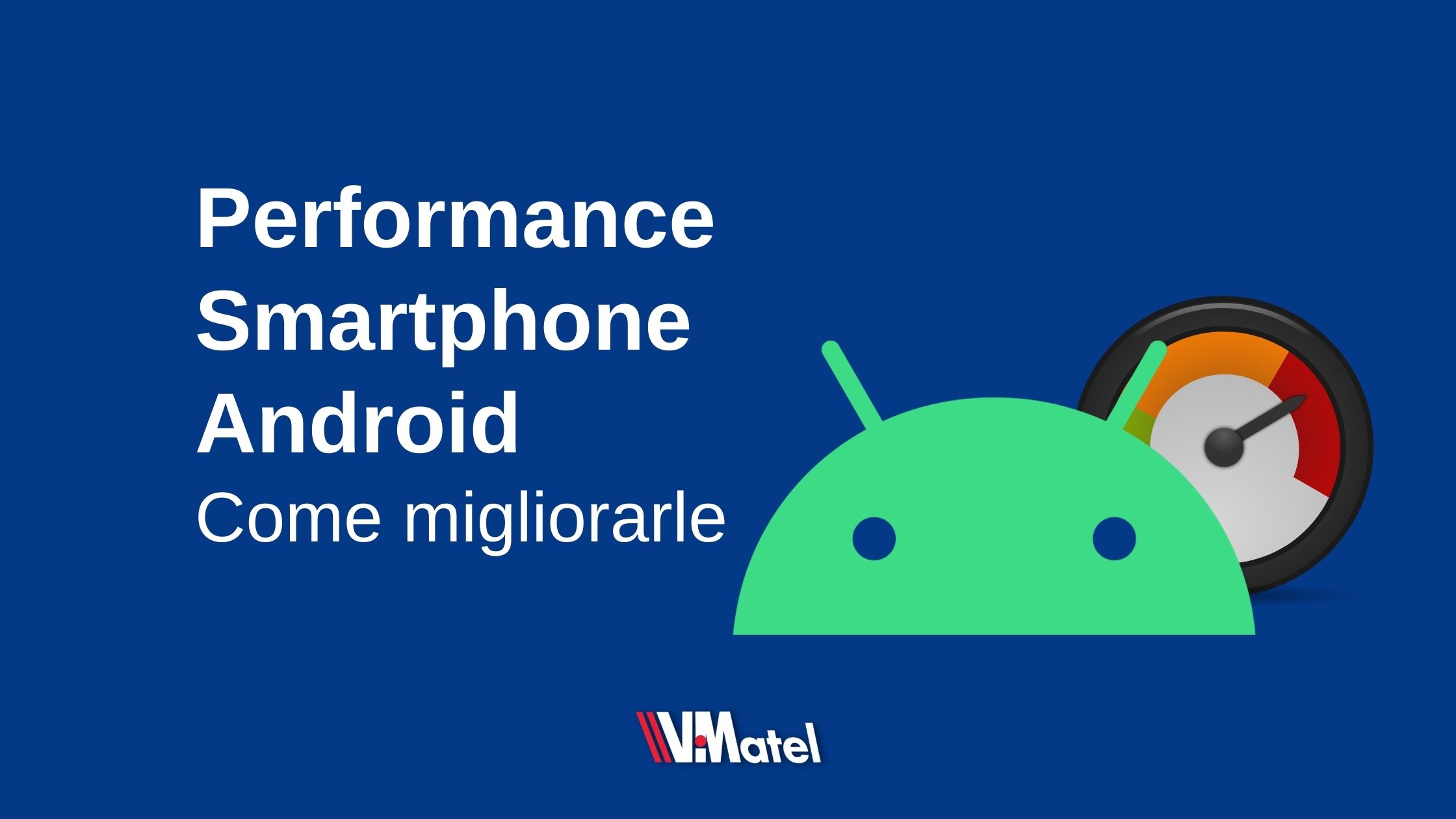How to improve performance on Android Smartphones

Is your Android smartphone starting to fail and taking longer than usual to switch between apps? Unfortunately it happens, since Android is a very flexible operating system. This causes some applications to adversely affect overall system performance. Nothing irrecoverable, if your mobile doesn't go as fast as it used to, you just have to follow our little tips. Let's see them together
1. Use the right apps
To improve the performance of your mobile, take advantage of the adaptability of your smartphone's operating system. It may be useful to delete your apps and replace them with lighter apps or with Lite versions.
Keeping apps under control is essential to improve the performance of your smartphone and delete the ones that most overload the battery, processor and RAM. How to find out what they are?
Apps that consume the battery
The apps that consume the most battery are often the ones that overload the most CPU and RAM and identifying them is really simple. Once you are in imports, enter the Battery> Battery Usage menu.
At this point, the list of apps that have consumed the most battery recently and, on some versions of Android, if they are still in use or have been interrupted will open.
Apps that consume CPU and RAM
If, on the other hand, you want to identify which applications are running that are consuming the most CPU, all you have to do is download an app that allows you to keep various factors under control.
3C Task Manager, is a free app that will help you with exactly that. It allows you to see the running processes and terminate them with a simple click. The best way would be not to delete the processes manually but to use it only to keep under control which apps are weighing the most on the CPU and, if not necessary, delete them.
2. Use a lighter Launcher
If you don't know, the Launcher is the application that manages the main Android screen, the one in which there are apps and widgets. Many manufacturers often use very heavy Launchers, which end up unnecessarily slowing down the operation of the system.
Another very effective way to speed up your smartphone, therefore, could be to use a different Launcher than the one present by default.
Let's see together how to change it.
How to change Android Launcher
To change a launcher and set it as default on Android, all you have to do is go to the settings, go to the Home Page or to Apps> Default apps> Home App and select its name from the screen that opens.
Easy isn't it?
If you want to know where to get a different Launcher, how to choose it and which one could be really good read on.
Which Launchers to download
All you have to do is open your Play Store and download an alternative one, which will allow you to lighten your screen. We recommend someone good from which to choose the one that seems most suitable for you.
- Nova Launcher is one of the most used launchers in the world, probably because it is among the best. Customizable in every detail, it is available in both free and paid versions. It doesn't weigh much on RAM and CPU and guarantees super smooth animations.
- Pixel Launcher is the official Google launcher with Google Now support, much lighter than the customized ones from Samsung or other manufacturers.
- Smart Launcher is a light and clean launcher that does exactly what you are looking for. Speeds up the user's work, automatically collects apps into categories, for smooth and effective use.
3. Cleaning your smartphone
What we will never stop repeating, to safeguard the performance of your smartphone it is essential to make sure you do not overload it with useless content.
If you are bored doing it manually, on the Play Store you will find tons of apps to free up space. But be careful to choose them carefully, so as not to risk feeding only your problem.
Some apps are truly invasive, and with continuous notifications or constant app monitoring, they end up slowing down the system rather than speeding it up.
If you want to know how to free up the memory of your Android mobile, we talked about it a few weeks ago.
Designed by CSTInformatica

